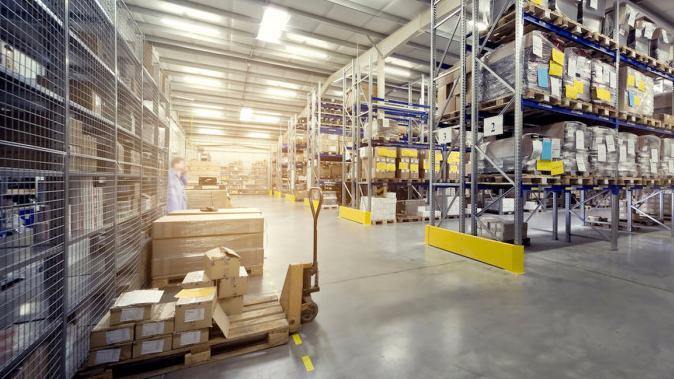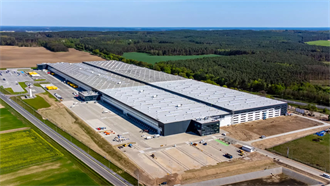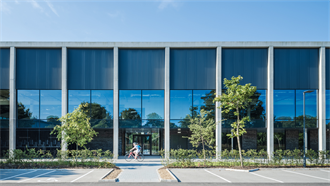Near-term prospects may look grim, but many logistics developers believe the industrial sector will rebound quickly once the coronavirus crisis is over.
MAGAZINE Logistics leaders look beyond Covid-19 cloud
- In Magazine highlights
- 10:00, 30 April 2020
Premium subscriber content – please log in to read more or take a free trial.
Events
Latest news
Best read stories
-

Branicks Group divests retail property in Bremen for €37.2m
- 20-Nov-2024
German-listed real estate company Branicks Group has sold a retail property in Bremen city centre to municipal urban developer Brestadt for €37.2 mln.

































